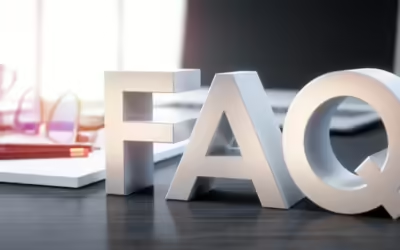Two weeks ago we explained how the assets test works and how different assets can be treated very differently by Centrelink. At the end of this article, we asked if you find these rules confusing and you certainly answered – in the 70 comments which followed.
Because there are so many different rules, it’s impossible to cover each and every instance. But given the many different types of assets that people may own, today we wanted to share some of the specifics on investment properties, foreign pensions, household contents, exemptions and more. Here are the answers that our team (led by Guru Steven Sadler) gave to questions on these concerns.




